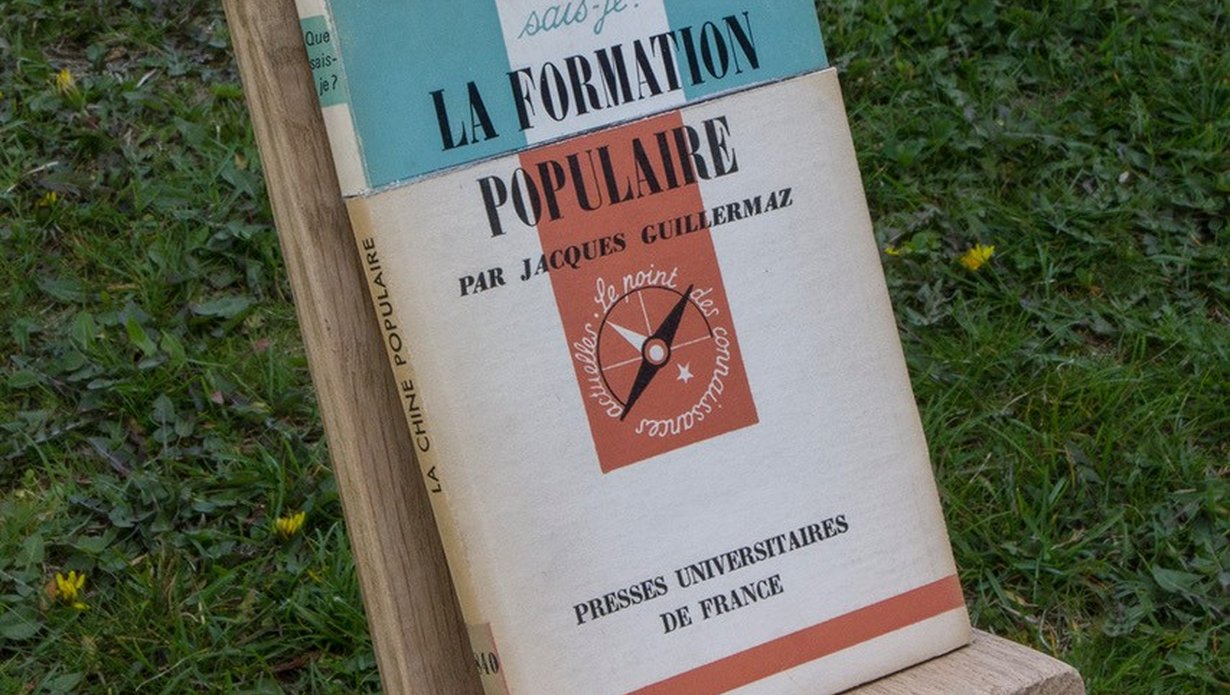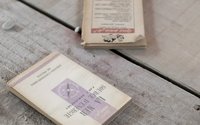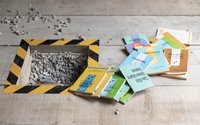Schedule
| Tuesday 9 July |
| 17:30 - 00:30: Cour du Gymnase |
| Wednesday 10 July |
| 17:30 - 00:30: Cour du Gymnase |
| Thursday 11 July |
| 17:30 - 01:00: Cour du Gymnase |
| Friday 12 July |
| 17:30 - 01:00: Cour du Gymnase |
| Saturday 13 July |
| 17:30 - 01:00: Cour du Gymnase |
| Sunday 14 July |
| 17:30 - 01:00: Cour du Gymnase |
GALTA (CH)
There are books everywhere : on the ground, in the trees, between benches, hanging or suspended, scattered everywhere and neglected, or gathered into teetering installations. The books are pocket-sized, emblazoned with the iconic logo of the French series “Que sais-je ?” (Presses Universitaires de France, PUF) or its Swiss counterpart “Savoir suisse” (Presses de l’EPFL). Hundreds of these “knowledge vessels” have become so mainstream in home libraries, their educational and scientific clout toppled into banality.
Collectif GALTA wanted to pay tribute to this paradox in same way they did during the golden anniversary of École Polytechnique Fédérale de Lausanne. Members of the collective – interior architects, designers and artists – create their piece in the aptly-chosen gardens of Ancienne Académie. They have placed these modes of knowledge transmission at the forefront of our attention, from their conception to their publication, leading up to eventually being read and the subsequent pulping of these objects so quickly struck by obsolescence.
“It
is a strange and captivating subject matter,” explains architect Aurélien
Reymond, the spokesperson for the collective. “These books are flowing from
second-hand bookstores that are practically offering to sell them by weight. I
want to approach these books like they are geologic materials: so abundant,
anyone can help themselves and manipulate and modify them in the way they so
choose. The aesthetic is also very interesting.”
These aerial arrangements can be found as soon as one steps foot inside the gardens, an echo of the ritualistic entrance into an educational establishment exuding old-fashioned charm. However, this process is not a commentary bashing paper waste to promote digitization. “On the contrary, it places an emphasis on a scattered, yet prevalent and available, means of production. It is a way to pay tribute to freedom.”








